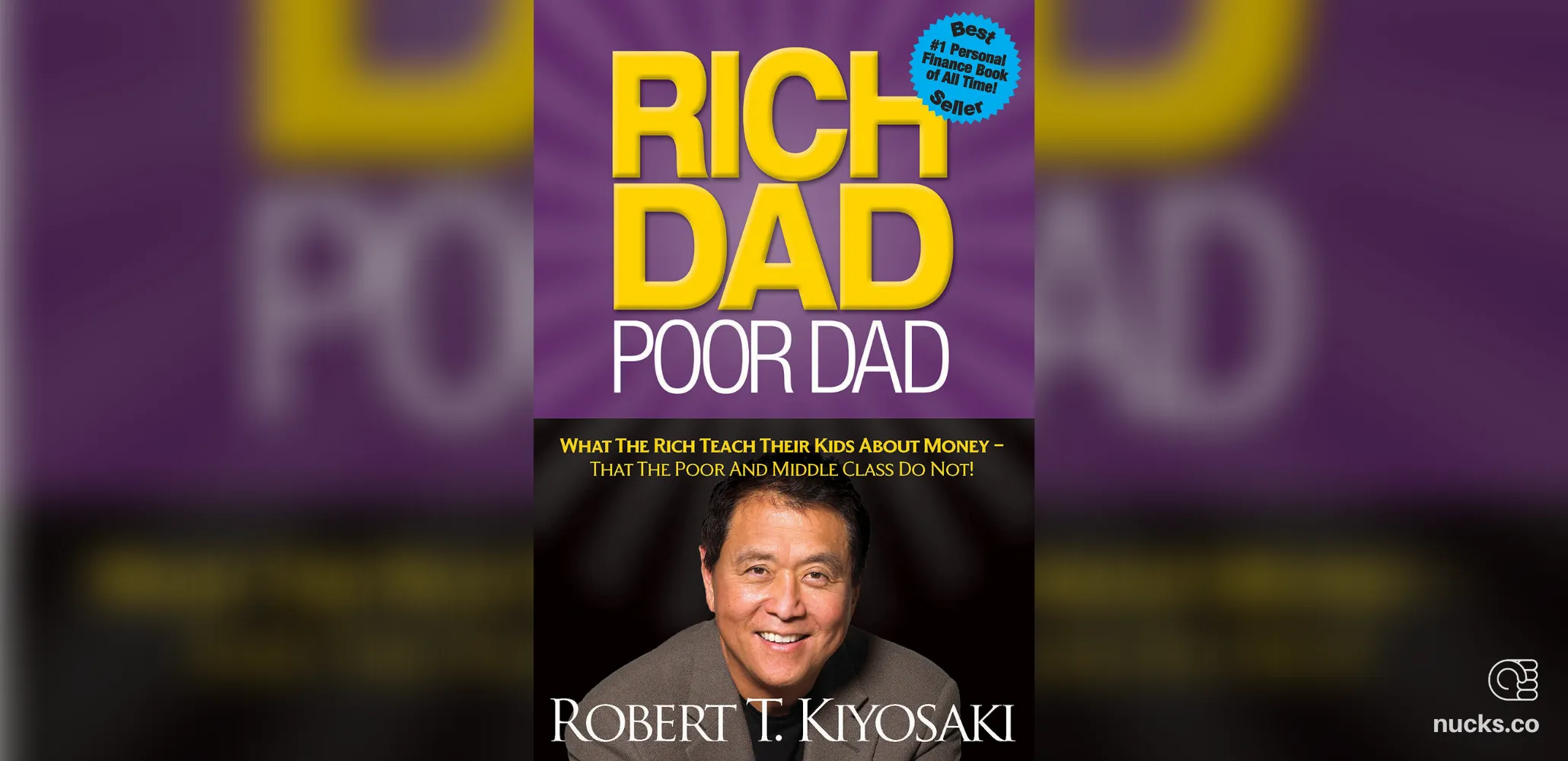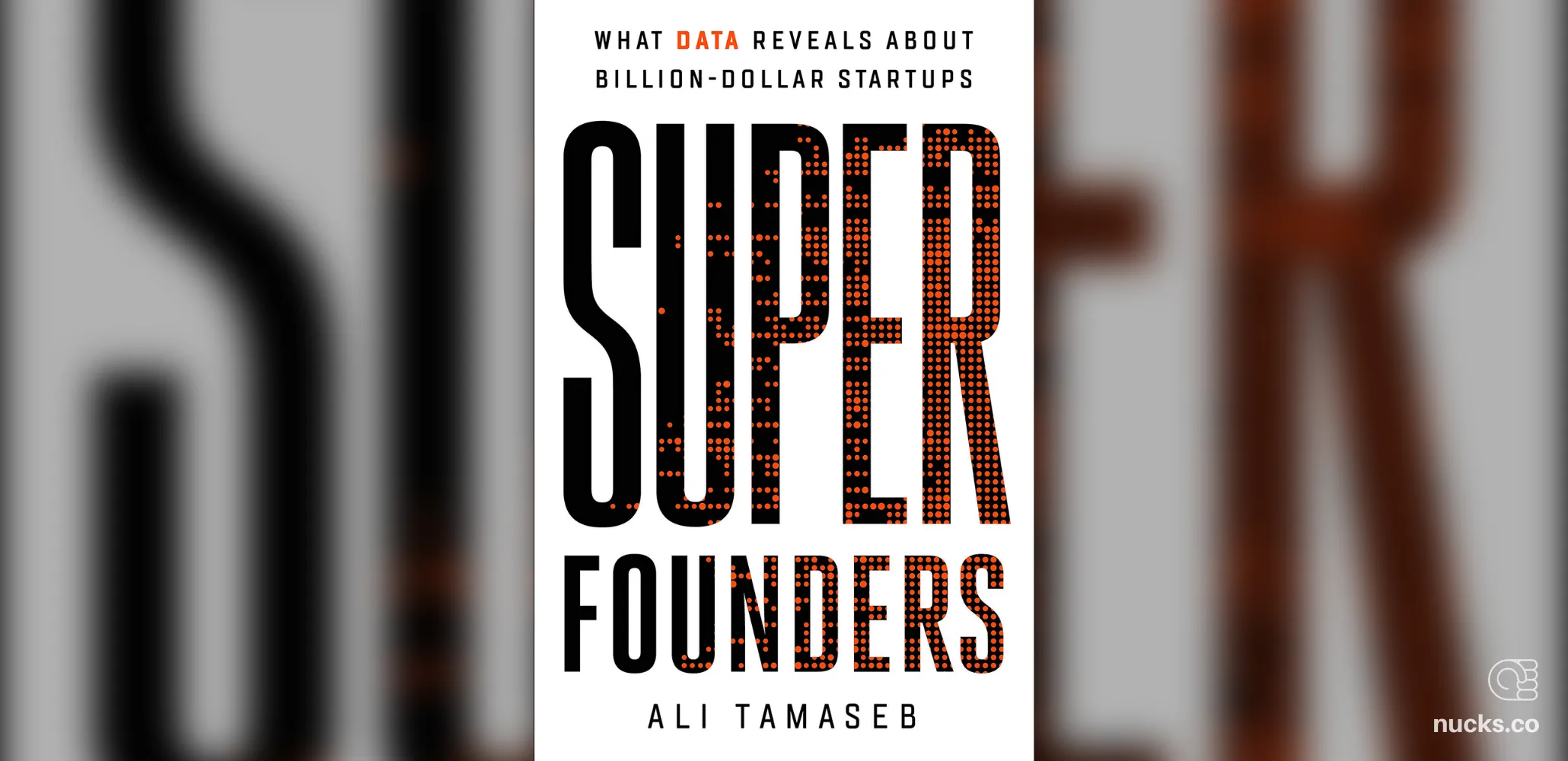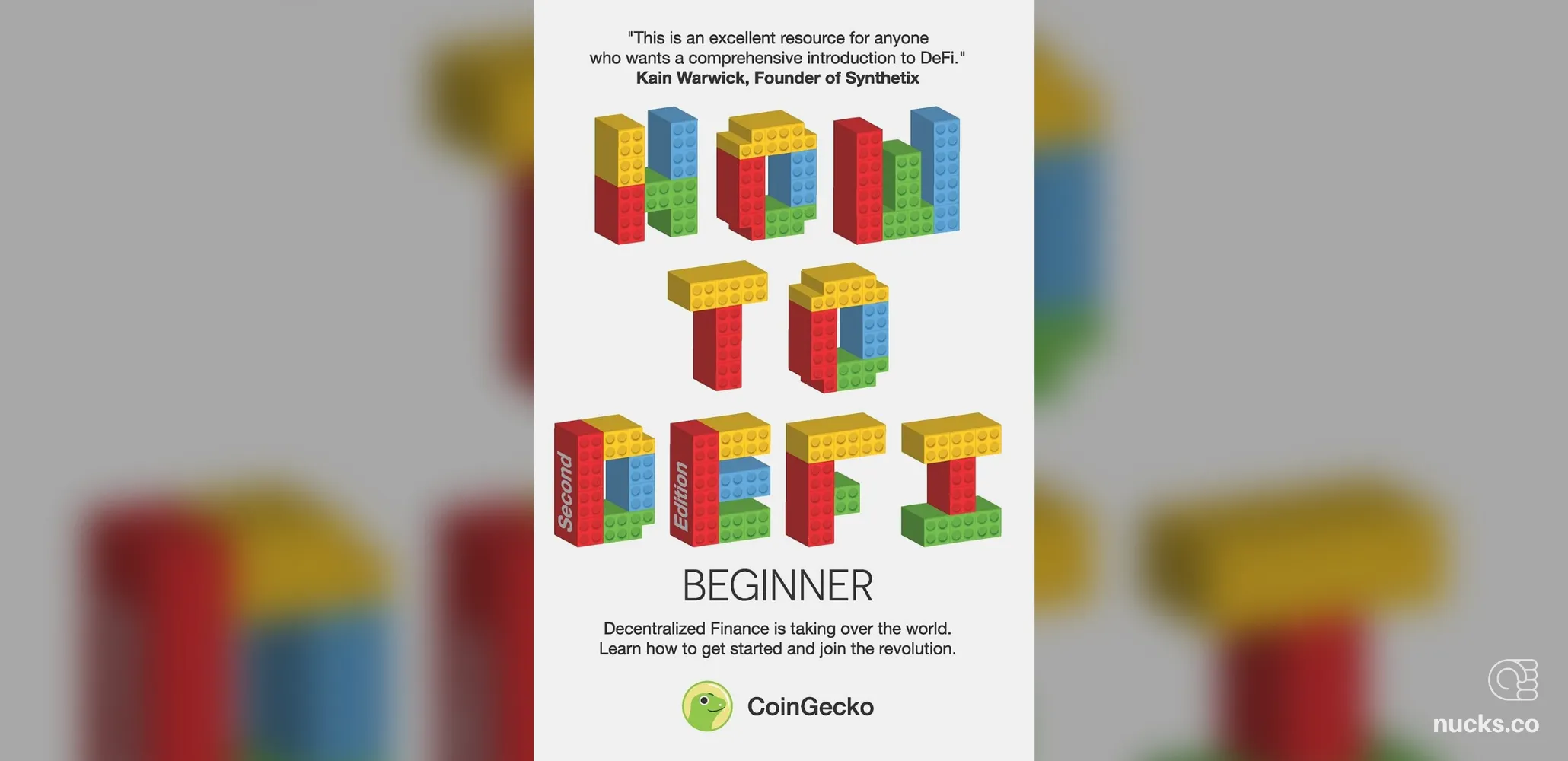Rich Dad Poor Dad by Robert Kiyosaki
9 min read

Have other book notes like this sent directly to your inbox 📥
Sign up for my newsletter
Receive quality content on diverse topics. The premium edition, for free. 👊🏽
More book notes from Nucks

Super Founders: What Data Reveals About Billion-Dollar Startups by Ali Tamaseb
Data tells us the truth about how unicorns are created. Many startup myths shared by the media are distilled.
April 23rd, 2022 · 6 min read

How to Defi (Beginner) by Coingecko
Anyone confused about Defi and crypto hype on Twitter should read this book. It provides the most elegant and simple explanations of what is happening in this new industry. This book cuts through the noise and provides value where it is clearly needed.
February 25th, 2022 · 24 min read